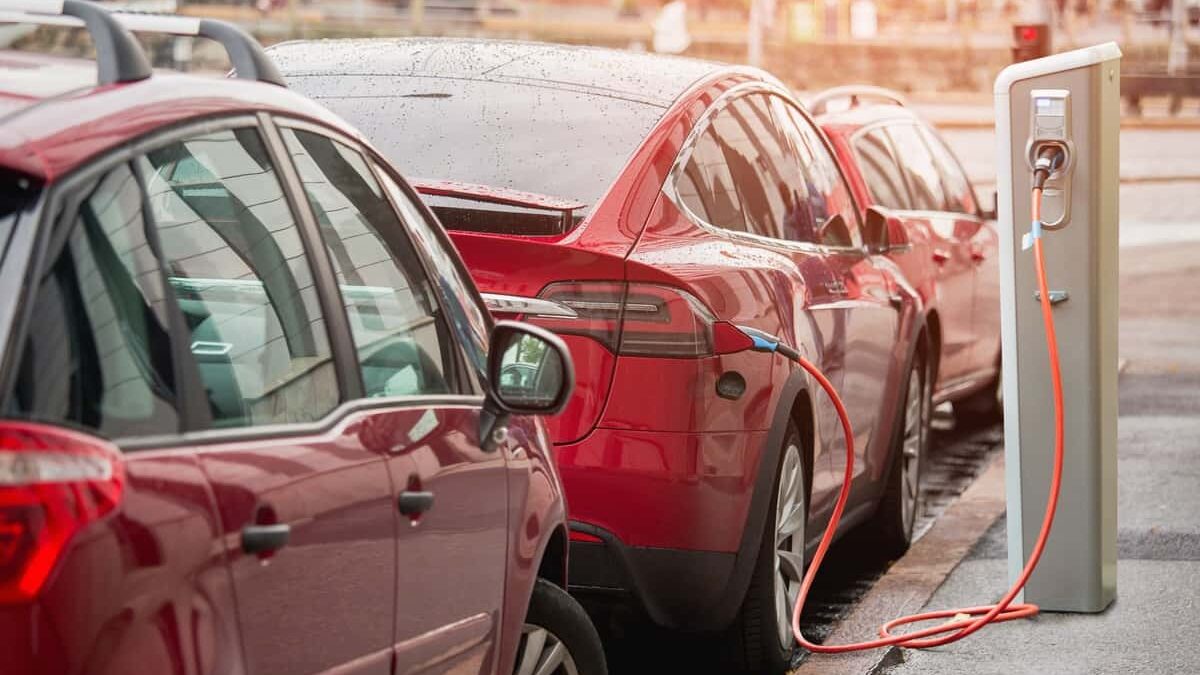The Democratic governor of California, Gavin Newsom, has campaigned for stringent regulations to cut greenhouse gas emissions and ban the sale of gasoline-powered vehicles starting in 2035.
Therefore, it sparked controversy when Mr. Newsom suddenly started to feature in television advertisements urging voters to reject “Proposition 30,” as per The Economist.
For those unaware, it is a ballot initiative scheduled on November 8 that seeks to raise taxes on the rich. It will provide additional funds to support the growth of electric vehicle adoption.
However, Prop 30 is referred to in the advertisement by Mr. Newsom as a “Trojan horse that puts corporate welfare above the fiscal welfare of our entire state.”
Notably, the proposal has received support from the Democratic Party of the state and several mayors. They believe that it is a practical approach to generate funds to combat climate change. Meanwhile, Mr. Newsom allied with California Teachers Association and the California Republican Party in opposing it.
Obviously, there are many opponents of Prop 30. David Crane of Govern for California stated, “There has never been a coalition like this.”
According to the report, 1.75% additional tax will be paid by individuals making $2 million or more annually under Prop 30. State revenue from the proposed initiative might range from $3.5 billion to $5 billion annually.
Furthermore, it will support the shift to electric vehicles by offering tax breaks and installing charging stations from the fund that it could potentially generate. Additionally, it will increase funding for wildfire prevention.
This initiative to tax the wealthy to combat fires and reduce carbon emissions is so divisive for a variety of reasons:
· Prop 30 has been bankrolled
The ride-hailing company Lyft is Prop 30’s principal investor. In fact, it has invested about $35 million to support the proposal. Additionally, it has already committed to converting its whole fleet to electric vehicles by 2030. Critics, including Mr. Newsom, claim that Prop 30 is an attempt to force taxpayers to pay for Lyft’s transition to sustainability.
· Concerns about companies that might use taxpayer money to support their expenditures and objectives
It is worth noting that $10 billion has already been allocated by California to help the shift to green mobility. Moreover, additional tax credits and other incentives will also be provided for electric vehicles under the Inflation Reduction Act.
· New taxes may not go to the state’s “general fund,” which is responsible for funding essential services like healthcare, education, and more
Consequently, electric vehicles and Californians’ numerous other interests are thought to compete for tax resources, which triggers the opposition of the teachers’ union.
According to the report, three more pressing issues facing the Golden State are revealed by the debate over it:
1. “California’s attempt to be a pioneer on environmental and climate issues through pursuing tougher policies on emissions than the rest of the country.”
The general populace may benefit from California’s policies, but it increases the gas prices in the state significantly. Due to the state’s requirement for a special formulation of cleaner fuel that only a few refineries can provide, it is roughly 56% more than the national average.
2. “Prop 30 highlights the potential downside of direct democracy.”
If they gather enough signatures, Californians can submit ballot measures. It must be equal to 5% of the total votes cast for the governor, or roughly 623,000 in this year’s election.
Mr. Crane contemplates that if Prop 30 passes, it will encourage other businesses to try to push ballot initiatives that favor them. “We can have the best legislature in the world, and then some company can go around us and raise taxes,” he says.
3. “Prop 30 also shines a spotlight on California’s existential battle to remain a home for innovators and entrepreneurs at a time when no-income-tax states like Texas and Florida are more aggressive in wooing new residents.”
About 59% of California’s state taxes are derived from personal income tax. According to the Tax Foundation, it is different in the 41 states and Washington, DC, with an average of 47% that collect personal income tax.
Since the stock market delivers capital gains, this increases the turbulence of California’s tax collections and makes the state more susceptible to “outmigration.”
Notably, California’s tax system primarily depends on a small group’s support. Only 35,000 individuals made $2 million or higher in 2019. It generates a $27 billion tax liability or around 33% of the state’s total income.
Furthermore. the state has increased taxes on high earnings twice since 2009. With a 13.3% income tax rate, California’s highest earners already pay the highest percentage of any state.
According to the report, it can be risky to raise the rate more. California experienced a net outflow of 260,000 taxpayers in 2020, a rise of approximately 58% from 2019. It accounts for around 1% of all state income tax collections.
“A depressing number of California’s wealthiest have already left,” says Michael Moritz, a venture-capitalist who opposes Prop 30.
Nonetheless, a recent poll reveals voters’ support for Proposition 30 has declined. 49% of the respondents still favor it, compared to 37% who oppose it.
The debate on Prop 30 also provides a glimpse into Mr. Newsom’s political thinking. He is being careful to avoid losing rich sponsors because he is reported to be considering a presidential run.

